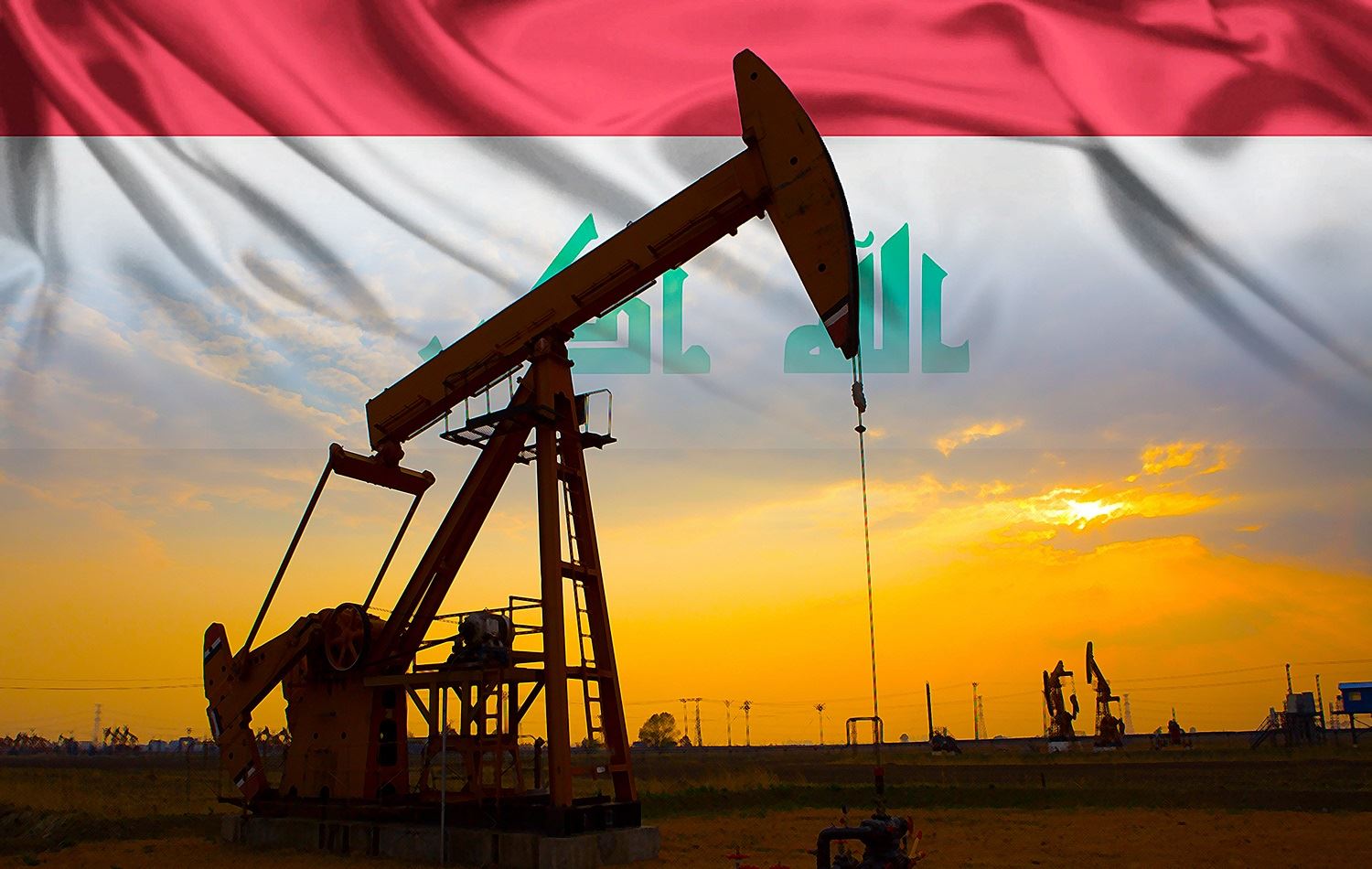Iraq’s parliamentary oil and gas committee plans to increase the country’s oil production to more than five million barrels per day, according to the release of committee minutes last week. As analysed in full in my new book on the new global oil market order, not only could this be done with relative ease by Iraq but it could also easily be the precursor to further oil production increases to 13 million barrels per day (bpd) if handled correctly. This would make Iraq the biggest oil producer in the world.
In broad terms, Iraq remains the greatest relatively underdeveloped oil frontier in the world. Officially, according to the EIA, it holds a very conservatively-estimated 145 billion barrels of proved crude oil reserves (nearly 18 percent of the Middle East’s total, and the fifth biggest on the planet). Unofficially, it is extremely likely that it holds much more oil than this. In October 2010, Iraq’s Oil Ministry increased its own figure for the country’s proven reserves to 143 billion barrels. However, at the same time as producing the official reserves figures, the Oil Ministry stated that Iraq’s undiscovered resources amounted to around 215 billion barrels. This was also a figure that had been arrived at in a 1997 detailed study by respected oil and gas firm, Petrolog. Even this figure, though, did not include the parts of northern Iraq in the semi-autonomous region of Kurdistan. This meant, as highlighted by the IEA, that most of them had been drilled during a period before the 1970s began when technical limits and low oil prices gave a narrower definition of what constituted a commercially successful well than would be the case now. Overall, the IEA underlined that the level of ultimately recoverable resources across all of Iraq (including the Kurdistan region) at around 246 billion barrels (crude and natural gas liquids).
By Simon Watkins for Oilprice.com






